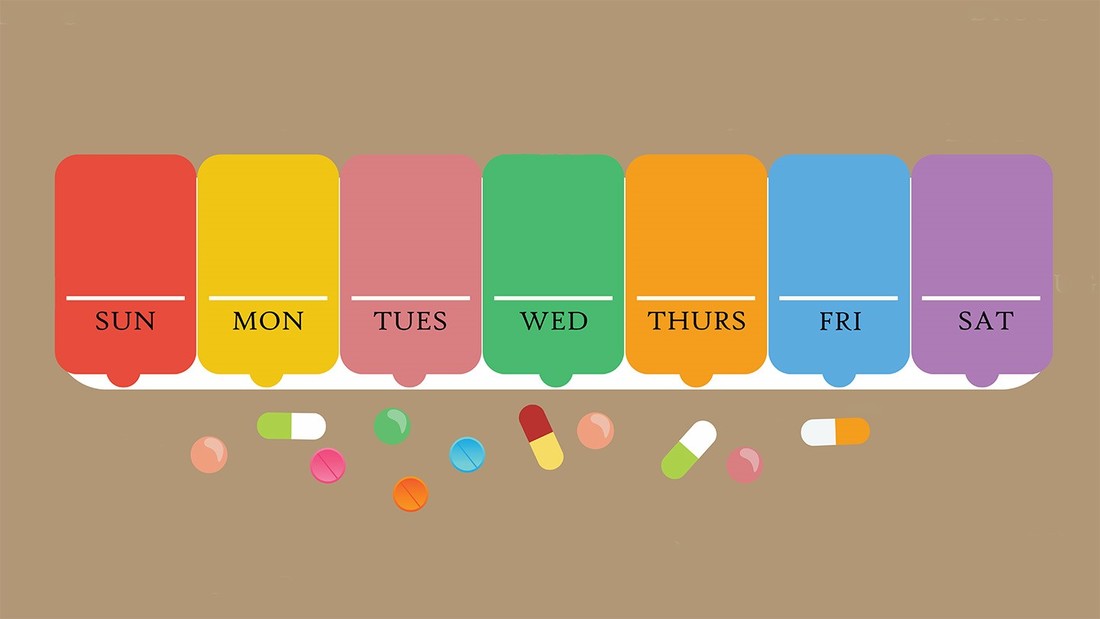|
Kwame Anthony Appiah writes in The Ethics of Identity, It’s true that we fail to treat others with dignity when we insist on regarding what they take to be free actions as caused. Tell somebody, “Adjust your meds,” in the course of a disagreement, and you’ll rarely find your suggestion taken as benevolent. And yet one reason people go to shrinks— or, elsewhere in the world, to oracles and witch doctors— is to uncover supposedly hidden causes of their actions. Which is just to say that, in our actual lives, we aren’t confined to any one standpoint, any one purpose. (Kindle Locations 1451-1455) The above passage highlights an important point. It’s impossible to distinguish what’s best for a person when viewed from two different perspectives. Best is entirely dependent on unity of purpose. The answer changes when viewed from a first-person or third-person frame of reference. What happens when everyone is on drugs though - when everyone needs to adjust their meds? Who is to say what’s best in a conversation among drug users?
All of us are born with different hormone levels, which are then affected and changed via environment over the course of our development, and to which we then add drugs of various sorts - caffeine, antidepressants, hallucinogens, etc. The most clear-eyed amongst us would still find themselves in the position of the above person telling others to, “Adjust your meds,” even when objectively warranted. And yet, that objective warrant is only objective because of the particular cocktail of chemicals occurring in that clear-eyed person’s head. Would it still be warranted if Clear Eyes were the only clear-eyed person in society? Wouldn’t Clear Eyes then begin to look like the Blind? Imagine a society where everyone took heroin. They didn’t just have access to it, but actually all took it. All the time. Would what’s best for that society in any way be similar to what’s best for a society that didn’t take heroin? It’s hard to imagine that the “what’s best” answer would overlap entirely. I could imagine it overlapping very little. This obviously implies that any best will be a “local max”, to steal from the math lexicon, rather than a “global max”. Which begs the question? If what’s best is a local max, any argument about the best ought to be relegated to arguing over which neighborhood we wish to be parked in first and foremost. This requires a somewhat universalist, “meta-best” approach to questions. We can’t simply ask what is best for our current situation because the best that we can do in our current situation may look nothing like the best we would do if our situation changed to the one we most wanted to work towards. Simply put, we need to reflect on the variety of drugs available to us, choose the ones we’d like to be on, and then figure out what’s best given our decisions.
1 Comment
6/6/2018 11:10:22 am
Yes, that's true. If we really love someone and we care for them, we should always be after the best thing for them, especially for their health. I just love the idea that we should care for each other. If telling them the things that is best for them in terms of medication, let's do it. If it's going to be a big help for them, have the willingness to do it.
Reply
Leave a Reply. |
Archives
November 2017
|

 RSS Feed
RSS Feed